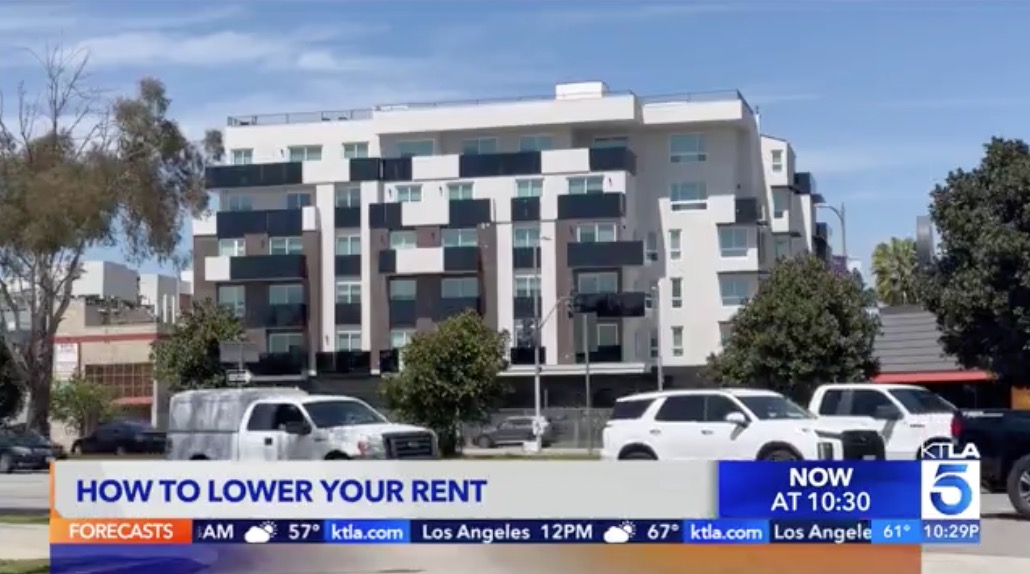Before deciding to rent a home, it is important to calculate a monthly budget to figure out whether you can afford it. Making timely rent payments – while managing to take care of household expenses at the same time – is key for maintaining a smooth relationship with your landlord.
If you are a first-time renter, managing your finances can be a daunting prospect. However, creating a budgeting plan is a good way to begin. Here are some budgeting tips for renters to get you going:
Create a Monthly Budget Plan
Having a proper budget is the only way to determine whether each purchase you make is an intelligent one. Here is how you can go about it:
Track Your Money
When it comes to budgeting advice for renters, it is important to keep track of where your money goes. Whether you use a paper or a spreadsheet on your computer, make sure you log each monthly expense and organize it into categories, such as entertainment, housing and savings. Once you learn to monitor your expenses, it becomes easier to figure out where you can make changes.

Figure Out Your Spending
Decide how much you need to spend on each category to achieve your financial targets. A popular way to do that is the 50/20/30 rule. According to this, 50% of your income should be spent on living essentials like groceries, utilities, and housing, while 20% should be saved and 30% can go towards miscellaneous expenses, such as eating out and subscribing to streaming services.
Having 30% of your income for personal use is easy. However, limiting your essential living expenses down to 50% can be difficult. The key is to keep trying as this is a goal worth striving towards.
Pay Rent First
Make it a rule to pay rent first, as it is likely to be your largest expense. In fact, pay your rent as soon as you receive your paycheck. While other expenses are also vital, rent should be a priority as it secures a home for you for the month ahead.
Once you have paid your rent, fulfilling other financial obligations will become much easier, and you will be able to figure out how much you have left to work with. To make this easier, consider transferring your money into a separate account.
This practice is especially helpful if you receive your salary every week or two weeks. By setting aside an appropriate amount of money from each paycheck to take care of your monthly rent, paying rent on time becomes considerably manageable.
Choose Your Location Wisely
When you plan to relocate, it is important to choose the right area. Here are a few factors you can consider when making this decision:
- The location of your college or job
- The daily route time that is suitable for you
- The distance of the street or neighborhood from the public transport
Make sure you don’t rent a place before you get a job or if you are unsure if you can afford it. Firstly, this will affect your ability to pay rent. Secondly, knowing where your office is located will help you determine which locations you can strike off your list right away.
When you are trying to save money, it is best to rent a house that is located away from the city center but has easy links to public transport. A neighborhood with a bus station or subway within walking distance would be convenient even if it is far from popular spots in the city.
Opt for a Long-Term Lease
When negotiating rent, your landlord is likely to ask you to select the length of the lease. Make sure you know that the longer the lease, the more affordable the rental may be for you. The reasons behind that include:
- The landlord would not need to renovate the space, change the furniture and paint the walls for the tenant too frequently.
- The landlord will not have to spend time and money searching for a new tenant and open house scheduling.
The two-year lease option is generally the most affordable. However, you should make such a decision after careful consideration as it is a long-term commitment. A year-long lease is the most reasonable option while a month-to-month lease is the most expensive option.
Negotiate Your Rent
There are several aspects to think about when it comes to negotiating your rent. First, focus on the lease renewal. It is common for landlords to ask for a higher rent when renewing the lease agreement after a year.
There are several reasons for higher demand, such as changes in the market or a rise in the median rental price in the area. This is the point at which you should negotiate with your landlord to arrive at an agreement that is beneficial for both parties.
When it comes to the initial price, there are certain ways to negotiate the rent to your advantage. You can start by politely asking the landlord if they are willing to discuss the rent amount. Also highlight your strengths as a tenant by assuring them about your financial stability. Consider informing them of your success utilizing a budgeting plan.
Save Money on Energy Consumption
One of the most effective budgeting advice for renters is to save up on electricity bills. Make sure you turn off lights when you exit a room or the house. Consider switching to energy-efficient bulbs such as CFL or LED light bulbs.
Moreover, before leaving your home for a few hours, turn off all devices that consume electricity in a passive way. For instance, you can switch off your television set, internet router or a microwave that displays time on screen.
Final Thoughts
Making budget tracking a habit is, undoubtedly, the top budgeting advice for renters. Once you figure out how much you need to spend every month, you will instinctively know how much you can afford to spend whenever you visit a restaurant or a grocery store. When you receive your paycheck, remember to always pay rent first. You can also think about adding a roommate to cut down on your living expenses.
We have lots of unique advice for renters. Check out our other helpful blog posts here.
Ready to begin your rental search? Dwellsy is here to help.








